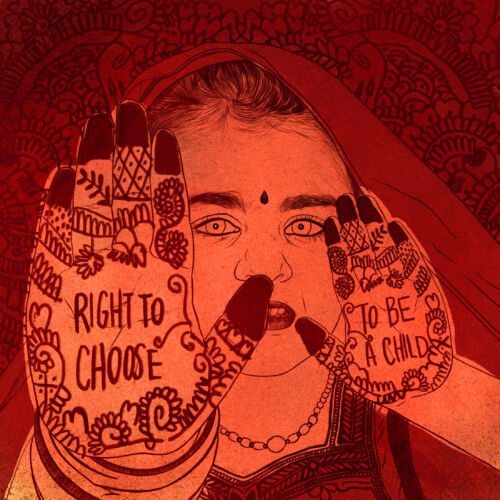Corruption and financial embezzlement: Nigeria, South Africa, Bulgaria, Japan
Nigeria and South Africa have come under increased monitoring by the Financial Action Task Force (FATF) – the global anti-money laundering and counter-terrorist financing watchdog. The countries are now required to make a greater commitment to eradicating the underlying problems of organised crime, illicit finance, counterfeit trafficking and tax evasion and to developing the capacity to combat financial crime. The FATF’s decision will have far-reaching consequences for the economic growth of both countries – among other aspects, their chances of foreign investment and obtaining credit will decrease.
Japan’s largest advertising agency – Dentsu Group, and five other companies have been charged with violating antitrust laws in a corruption scandal involving collusive bidding at the Tokyo Olympics. In total, corruption offences could amount to hundreds of millions of dollars.
Ten EU citizens have been sanctioned under the so-called Global Magnitsky Act, which includes a system of restrictions for human rights violations in various countries. Eight of them are Bulgarians. The US is targeting Bulgaria with one of its most powerful political tools because the country is a weak link in NATO’s eastern flank. That is why, just before the Bulgarian parliamentary elections on 2 April 2023, the Americans sanctioned members of the Citizens for European Development of Bulgaria (GERB) party. According to the US, GERB is the main obstacle to establishing a stable Euro-Atlantic government in the country.























